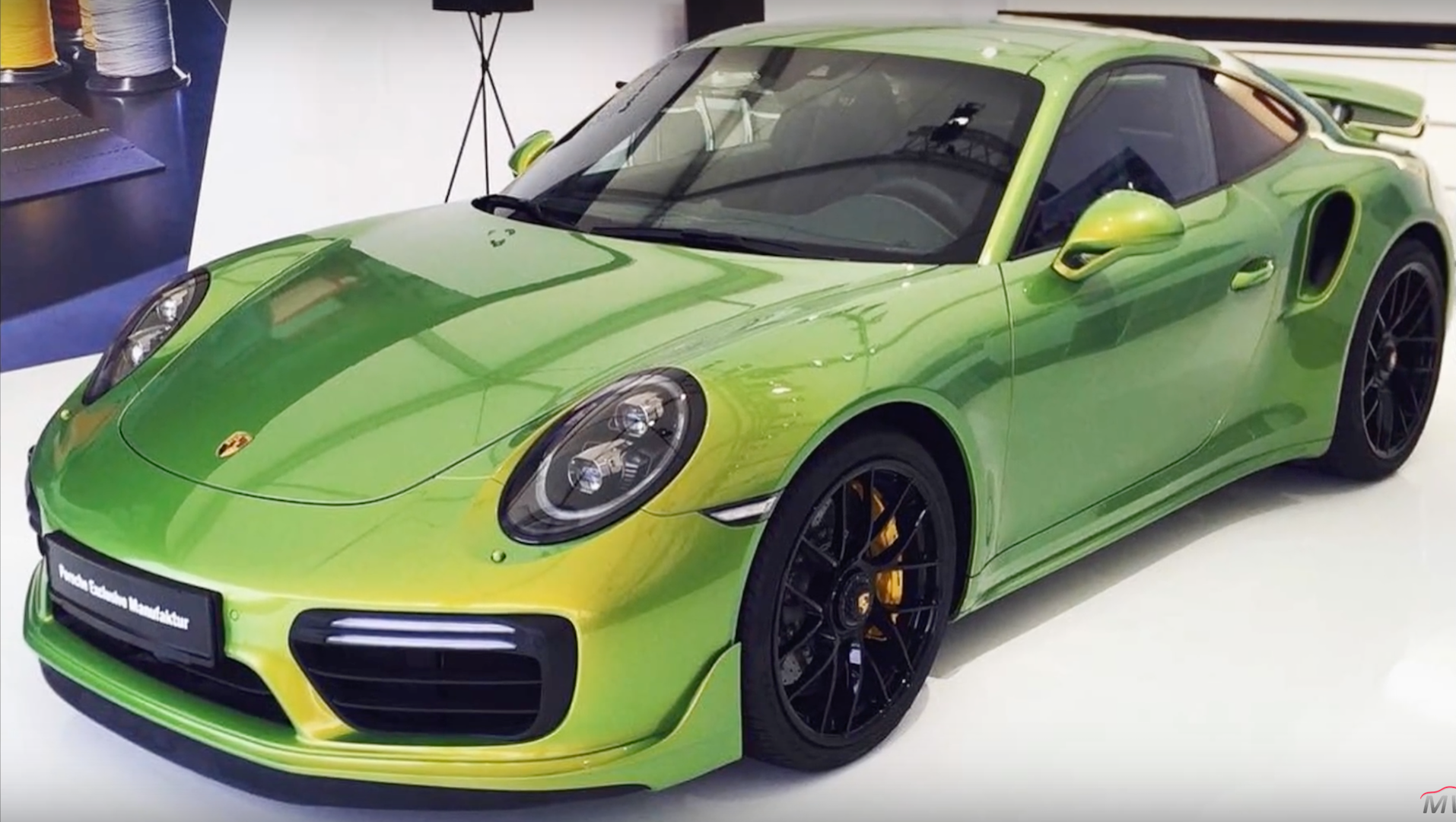Do Those Paint Upcharges Really Cost The Automaker That Much More?
As Jalopnik's resident car-buying expert and a professional car shopper, I get emails. Lots of emails. I've picked a few of your questions and will try to help out. This week we are discussing paint upcharges from the factory and whether it's more eco-friendly to keep your current car or trade for one that's more efficient.
First up, does it really cost the automaker that much more to offer those special-order paint colors for certain cars?
"Years ago, it seemed like the German luxury automakers were alone in charging the customer $500-$700 extra for certain color shades (usually metallics). More recently, I've noticed that many domestic and Japanese automakers are jumping on the bandwagon. (Honda levies an extra charge for approximately half of its 2021 Odyssey color pallete, seemingly at random. Chevy charges an extra $395 for two different blue colors on the Spark!) My question: Do these colors actually cost significantly more than standard black/white/silver and therefore it's justifiable to pass that increased cost on to the customer, or is this just another way for the automaker to line its pocket with additional profit?"
Typically these metallic paints do cost more in terms of both materials and labor. Often those metallic paints add an extra level of complication to the process of making that hue, and in some cases, these paints take multiple coats to apply correctly.
I remember that when our 2008 Sienna was damaged and had to have some panels repainted, the insurance adjuster told me the white metallic that Toyota uses is both more expensive to get and takes longer to apply for a correct match.
As for the brands padding additional profit with these paints, it's possible there is some kind of markup baked in. I would certainly be curious to know if this fancy green Porsche really costs the automaker almost $100,000, but that is an extreme example. No one likes to feel nickel and dimed for every option, but generally speaking, cars today are providing a lot more features, technology and safety for your dollar than ever before.
Next up, if you want to be more eco-conscious is it better to keep the current car or trade it for something more efficient?
"Here's my situation: I have a 2019 Honda Civic Si Coupe with 8,700 miles on the ticker. Personally, I think it's in really really good condition (never modified or raced, protected with sealant and wax multiple times per year + a garage, no accidents, perfect mechanical condition, etc.), but I'm paying more than I'd like to every month for it. Basically, it's a toy I never really use.
I'm thinking about getting a hybrid in order to assuage my cognitive dissonance over the environment, and I always get a new car about every 3 years because I like having a car under warranty, plus new features seem to pop up every 3 years-ish. Thus, the hybrid will most probably be a lease, but I have never leased a car.
Here's my dilemma: Because I don't drive the Si that often, I feel like I'm as good to the environment as a hybrid driver driving the average per year (I have no stats to back this up, so, I am totally open to being wrong about this). I love that car, and am thinking maybe a refi would lower my monthly payment, thus assuaging both my financial concerns and my eco-guilt (presuming I'm correct about the driving stat previously stated). Or do I lease a hybrid for a lower monthly? RE lease terms: I think I can get equal money for the Si, so, no positive nor negative equity there, and I'd like to get a lease deal w/ no money down."
Regarding the eco-friendly part, in most cases, it's best to keep what you have rather than buy or lease an all-new product. You've already indicated that you don't use your car all that much, so any additional fuel savings from the hybrid will be negligible, and it's not like the Civic is a gas-hog to begin with. If you are serious about trading the Honda out for something else, there are a few other things to consider.
First, are you really going to enjoy driving the hybrid? Sure, the carbon footprint will be lower and the mileage will be higher, but a hybrid may not be anywhere near as engaging as a spirited drive in the Si. Most enthusiasts who drive only occasionally want to maximize their experience when they do get behind the wheel
Finally, how much would you actually get for the Si? You mentioned you might get equal money for it, but you will want to have some offers on hand to really know where you stand. If for some reason you are underwater on the loan, it's definitely best to sit tight.
Got a car buying conundrum that you need some assistance with? Email me at tom.mcparland@jalopnik.com!
